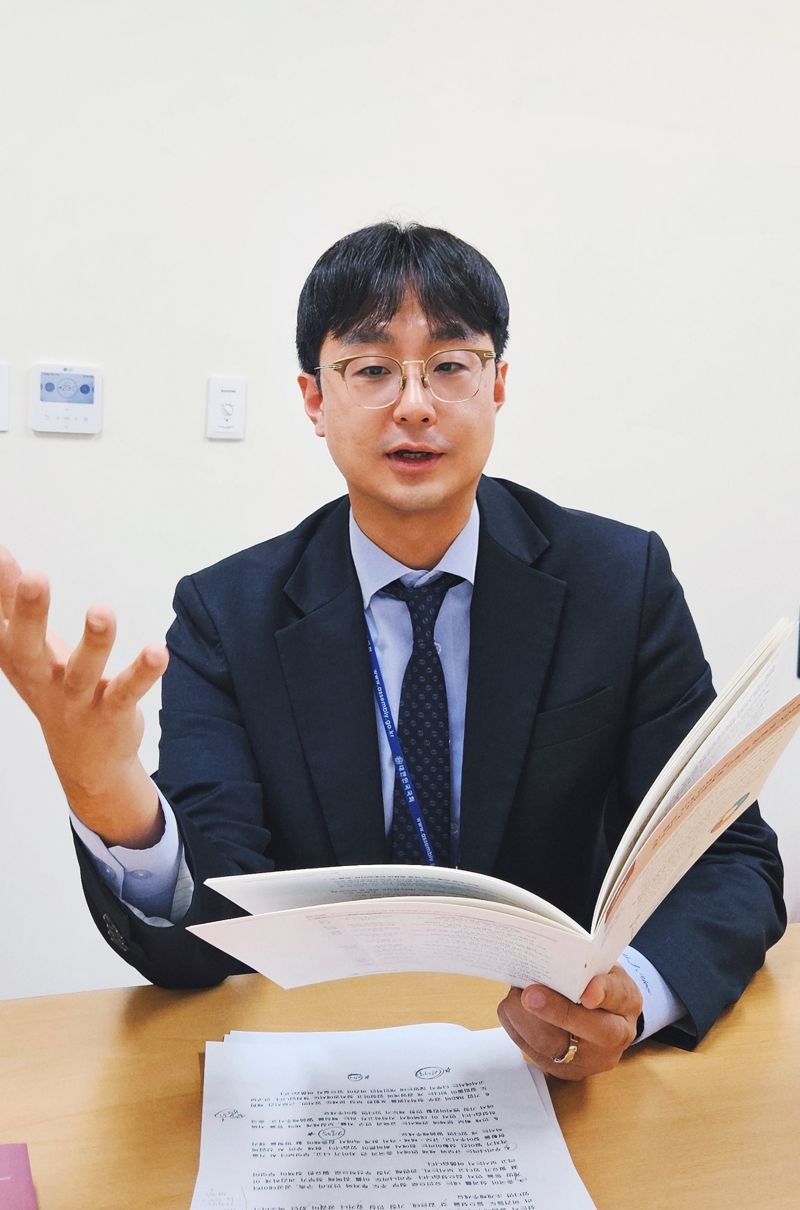[fn People] “Rather Than Easing the 52-Hour Maximum Workweek Regulation for R&D, ‘On-Site Incentives’ Are Needed”
- Input
- 2025-11-16 11:40:59
- Updated
- 2025-11-16 11:40:59

“Engineers at major tech companies in the United States of America (USA) voluntarily work longer hours to compete with China because they receive stock options as the value of their companies increases.”
This statement comes from Youngjun Yeo, Associate Research Fellow at the National Assembly Futures Institution, who recently published a comparative study on Artificial Intelligence (AI) industrial policies in China and Korea. Lawmakers are currently debating whether to exempt research and development (R&D) personnel from the 52-hour maximum workweek regulation through the Semiconductor Special Act. However, Yeo argues that providing meaningful incentives to drive high-quality research is more important than simply extending work hours.On the 16th, Yeo stated, “The work hours issue is based on the linear idea that total hours worked equals output, but creating an environment for meaningful research is far more important. We should reduce the time spent on administrative tasks and project evaluations within the 52-hour maximum workweek regulation and design an on-site incentive system that directly links research performance to rewards.”
In addition to incentives, sufficient infrastructure, data, and investment are also necessary to improve the research environment. As an example, Yeo cited Shenzhen, often referred to as China’s Silicon Valley. Huawei, a Chinese telecommunications equipment company, has established an R&D center in nearby Dongguan, covering an area half the size of Yeouido. Supported by theme park-like infrastructure, more than 25,000 top engineers work there. Local governments collaborate closely to ensure the supply of data and components and to implement Regulatory Sandboxes.
Yeo emphasized that the Chinese government played the most significant role in building such robust infrastructure. He insists that the Korean government should also take an active role. For the AI industry, securing Graphics Processing Units (GPUs) and opening public data are issues that only the government can effectively address.
Yeo noted, “Building infrastructure such as data and GPUs requires national involvement. Especially during this period of stagnation in free trade and free markets, it is worth benchmarking China’s government-led policies. Although there is a major difference in that China’s government manages even personal data, if we establish Data Governance in Korea, we can improve the quality and standardization of public and industrial data for corporate use.”
Yeo also urged the government to consider more efficient methods for R&D investment. Specifically, he recommended adopting China’s approach of making large-scale R&D investments in blocks of Industry-Academia-Research Collaboration. In Korea, funding is mostly provided to individual researchers, which leads to chronic issues such as a focus on short-term results and the fragmentation of research outcomes.
Yeo stated, “With the intensifying technological rivalry between the USA and China and the spread of protectionism, there is a global trend toward the ‘return of industrial policy.’ Since it is difficult for individual companies to respond alone, the government should lead in creating a platform for innovation among Industry-Academia-Research Collaboration players. We can also benchmark China to determine the specific roles the government should play.”
He added, “The reason the USA and China are advancing in AI competitiveness is that their innovation ecosystems are well established, allowing new companies to emerge rapidly and engineers to develop their careers within them. In the USA, for example, the industry has moved beyond Intel Corporation, with companies like Meta Platforms and Nvidia Corporation now leading the way. In China, not only Huawei but also Baidu and Tencent Holdings have emerged. In contrast, Korea has yet to see new players beyond SK hynix and Samsung Electronics.”
uknow@fnnews.com Kim Yun-ho Reporter